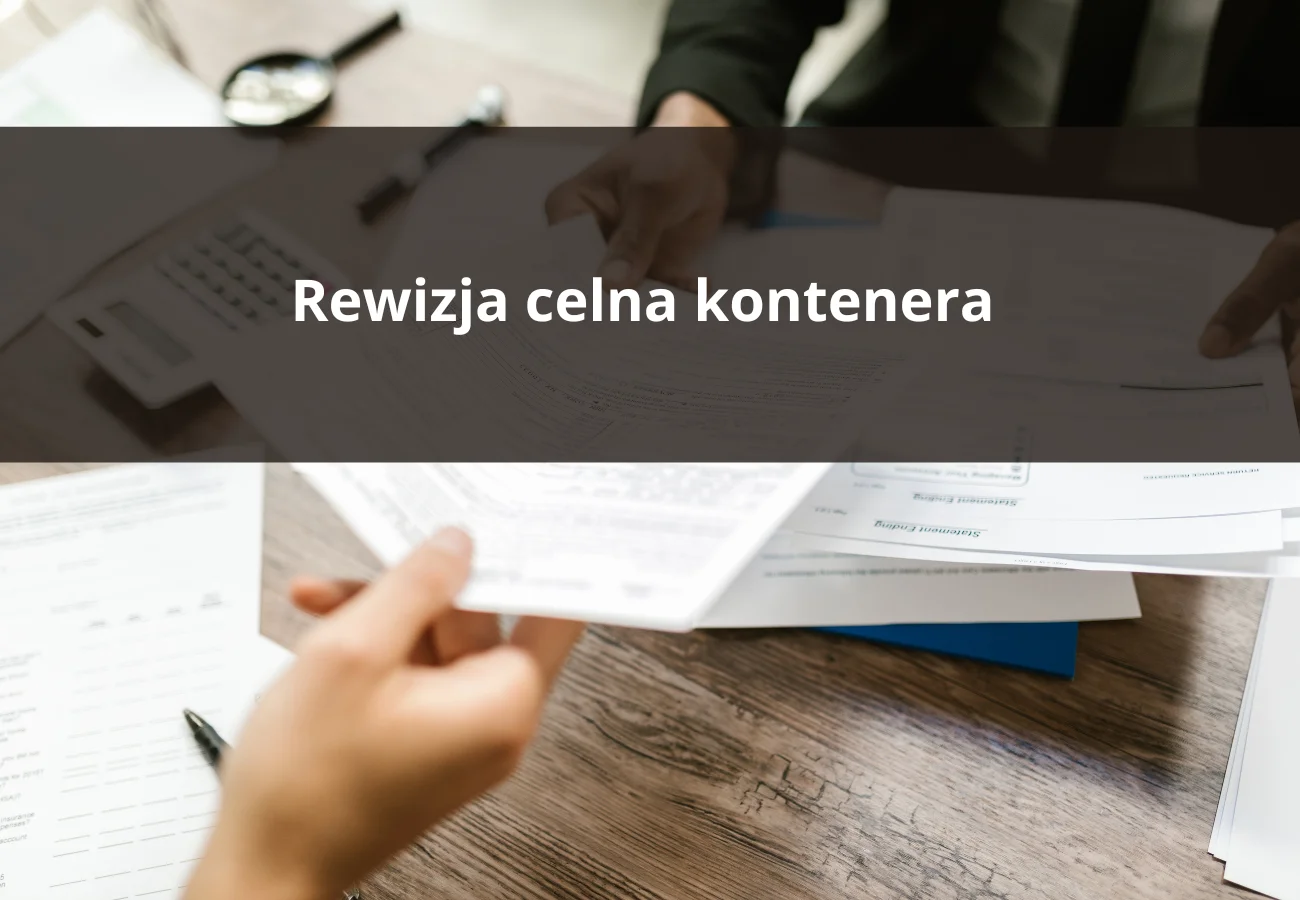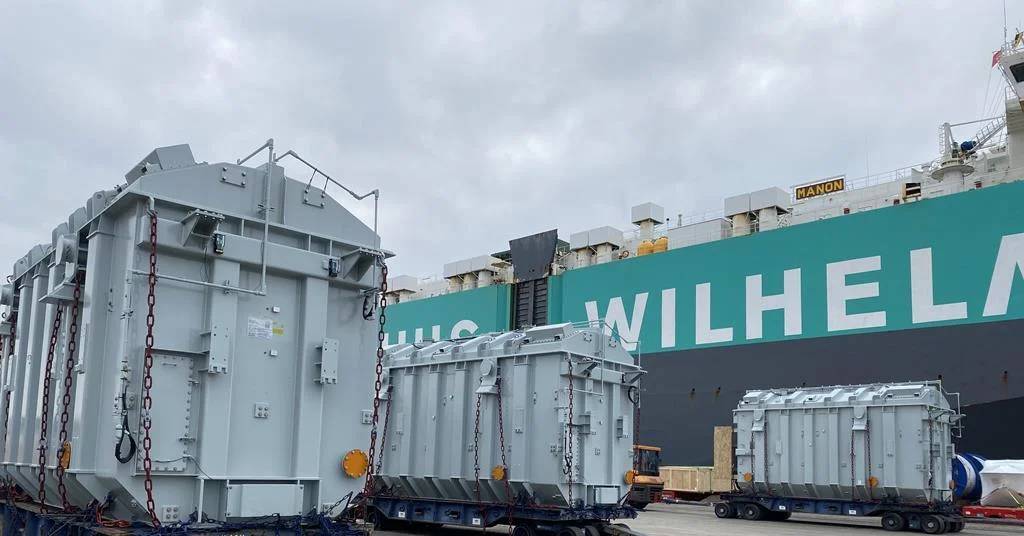When importing or exporting goods, we may come across a customs search of our cargo. This often entails delays, additional costs and sometimes problems with customs regarding marking, additional documentation, etc. It is therefore advisable to check the customs regulations of the destination before importing or exporting the goods in question.
What is a customs search of a container?
A customs audit is an inspection of a consignment by customs. It can include physical inspection of goods, documentation and even packaging methods. These searches are carried out to ensure compliance with national and international regulations and to detect illegal smuggling.
Costs of customs revision of a container?
A customs revision involves additional costs that will have to be borne by the importer of the goods. The cost depends primarily on what irregularities the customs office detects. If it is necessary to carry out specialised tests on the goods, the cost of these will be charged to the importer. In addition, the cost of unloading the goods for inspection and reloading is on the importer's side. Also, we will pay for the cost of moving the container to the place designated for the customs search. If the inspection takes a longer period, we will also have to pay for the cost of storing the container at a seaport or rail terminal. It is always advisable to find out about free days. As far as free days are concerned in maritime transport The time taken will usually be quite similar for most companies, but with rail or air transport it can vary considerably from company to company. It is always advisable to enquire about such things at the beginning of the cooperation.
Why might a container be singled out for a customs search?
- Often containers are selected at random, regardless of their contents.
- However, there are some goods that will be subject to searches much more often than others, especially goods that are prone to all kinds of customs problems.
- Inaccuracies in documentation - errors or suspicious information in customs documents can result in a container being selected for inspection.
- Risky country of origin - goods from countries considered high risk are more likely to be inspected.
- Shipment history - companies that have previously had problems with customs may be inspected more frequently.
The most common problems during customs container searches
Various types of problems are often encountered during customs searches of containers, which can complicate and delay the inspection process. One of the most common problems is non-compliance of goods with customs declarations. This can include errors in the classification of goods, irregularities in their labelling, or inconsistencies between the customs value and the declaration. There are also often problems with the correctness of documentation, the absence of all documents including certificates, etc. Some products may also be subject to specific regulations, so additional tests, approvals etc. may be required.
How to prepare for a customs search?
- accurate documentation: ensure that all customs documents are complete and correct.
- clear labelling and packaging: goods should be appropriately labelled and packaged to facilitate inspection.
- Plan Delays - revisions can cause delays, so keep this in mind when planning deliveries.
- consultation with a customs agent - a professional customs agent can assist with compliance and the inspection process
What happens during the review?
During a search, customs officials can check:
- conformity of goods: whether the goods tally with the customs declaration
- safety: searching for prohibited or dangerous items
- correctness of taxation: whether duties and taxes have been correctly calculated
What could be the consequences of non-compliance?
If any irregularities are found, we can expect:
- delayed delivery: the consignment may be held up until the matter is clarified
- financial penalties: fines may be imposed for non-compliance or attempted smuggling
- confiscation of goods: in extreme cases goods may be confiscated
Cooperation with a customs agency
Working with a customs agent is a key element in the customs review process of a container. A customs agent is a specialised professional who has in-depth knowledge of customs regulations and procedures. Customs agencywho carries out customs clearance for us in the event of a customs revision of the container will represent us before the customs authority. Their experience and skills can be invaluable in preparing and submitting the necessary customs documentation and ensuring compliance with legal and customs requirements. Working with a customs agent can significantly streamline and facilitate the customs review process of a container, ensuring not only that the documentation is correct, but also helping to identify potential issues and resolve them in a compliant manner.






